Home>Articles>How Long Does It Take To Cook Vegetables In A Slow Cooker
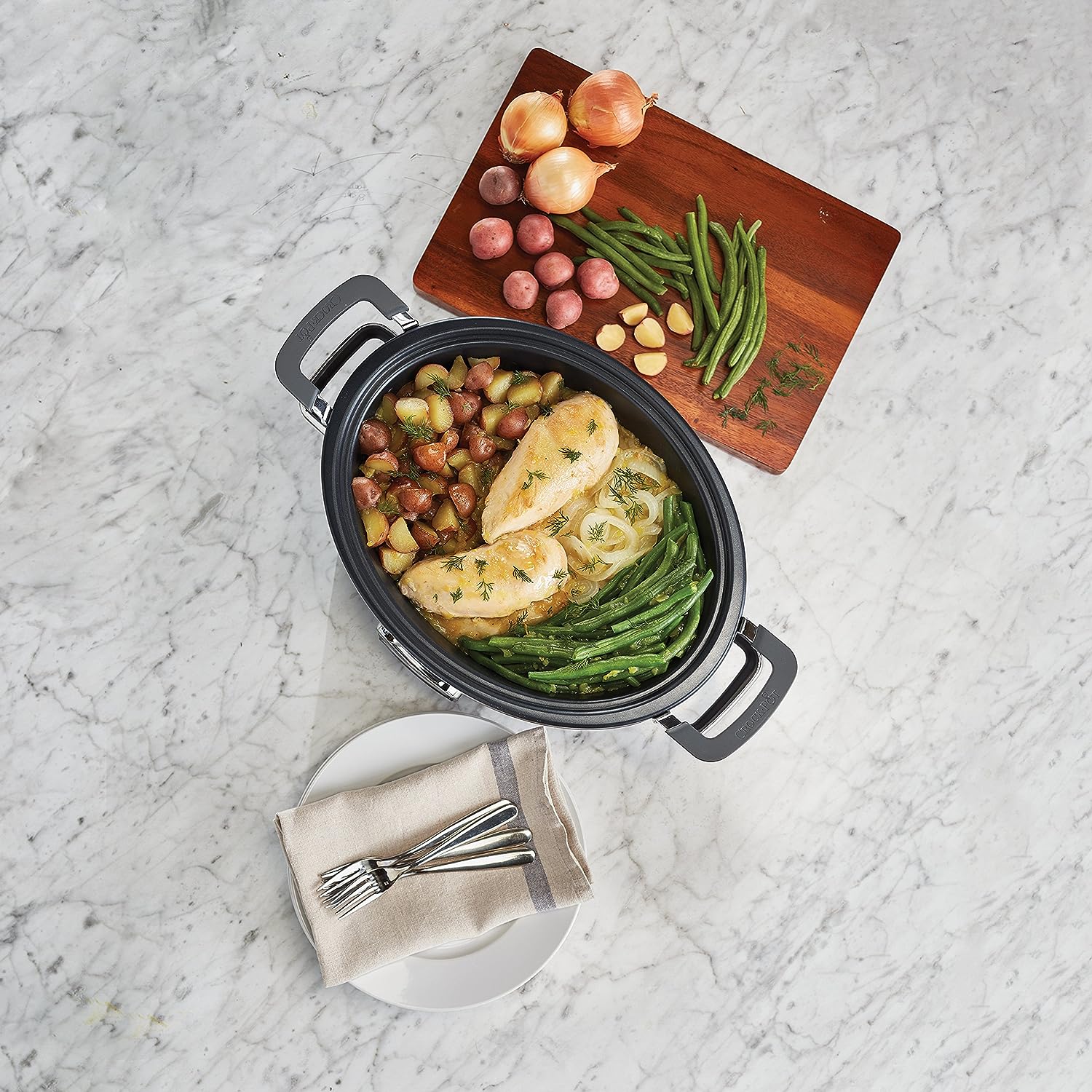

Articles
How Long Does It Take To Cook Vegetables In A Slow Cooker
Modified: August 20, 2024
Discover the secrets of perfectly cooked vegetables in a slow cooker with helpful articles. Learn how to save time and enjoy delicious, nutrient-packed meals.
(Many of the links in this article redirect to a specific reviewed product. Your purchase of these products through affiliate links helps to generate commission for Storables.com, at no extra cost. Learn more)
Introduction
Welcome to the world of slow cooking! If you’re a vegetable lover like me, you may be wondering how to make your favorite veggies in a slow cooker. Slow cooking vegetables is not only convenient but also a great way to retain their nutritional value and enhance their flavors.
Slow cookers, also known as crock-pots, are versatile kitchen appliances that allow you to cook food at low temperatures over an extended period of time. They are perfect for busy individuals who want to enjoy delicious, healthy meals with minimal effort.
In this article, we’ll explore the best vegetables for slow cooking, along with some preparation and cooking tips to help you make the most of your slow cooker. Additionally, we’ll provide specific cooking times for different vegetables and offer some ideas for adding extra flavor to your dishes.
So, if you’re ready to elevate your vegetable game and create mouthwatering dishes in your slow cooker, let’s dive in and discover the secrets of slow cooking vegetables.
Key Takeaways:
- Slow cooking vegetables retains their nutrients, enhances flavors, and tenderizes tough veggies. It’s convenient, economical, and perfect for meal prep, offering a world of delicious, nutritious, and hassle-free meals.
- Experiment with herbs, spices, and flavor-boosting ingredients to elevate your slow-cooked vegetable dishes. Embrace the convenience, aroma, and joy of slow cooking for flavorful, satisfying meals.
Best Vegetables for Slow Cooking
When it comes to slow cooking vegetables, not all varieties are created equal. Some vegetables lend themselves beautifully to slow cooking, while others may become mushy or lose their distinct flavors. Here are some of the best vegetables to consider for your slow cooker:
- Potatoes: Potatoes are a staple in many slow cooker recipes. They can hold up well to long cooking times without losing their texture. Whether you prefer red potatoes, russets, or sweet potatoes, slow cooking them will result in tender, melt-in-your-mouth goodness.
- Carrots: Carrots are another vegetable that works wonderfully in the slow cooker. They become soft and sweet, making them a delightful addition to stews, roasts, and soups.
- Onions: Slow cooking onions can transform them into a caramelized, richly flavored ingredient that adds depth to various dishes. They can be used as a base for soups, stews, and braises.
- Butternut Squash: This sweet and creamy winter squash lends itself beautifully to slow cooking. It can be used in hearty soups, curries, and side dishes. The long cooking time helps break down its fibers and enhance the natural flavor.
- Bell Peppers: Slow cooking bell peppers brings out their natural sweetness and adds a mellow flavor to dishes. They work well in stir-fries, fajitas, or as a colorful addition to stews and casseroles.
- Tomatoes: Slow cooking tomatoes intensifies their flavor and creates a rich and savory sauce or base for soups and stews. San Marzano or Roma tomatoes are especially popular for slow cooking.
- Mushrooms: Slow cooked mushrooms develop a deep earthy flavor and a tender texture. They are fantastic in risottos, pasta dishes, and soups.
- Leafy Greens: While most greens cook quickly, heartier varieties like kale, collard greens, and Swiss chard can be slow cooked to tenderize their leaves and deepen their flavors. They can be added to soups, stews, or braised dishes.
These are just a few examples of the many vegetables that can thrive in a slow cooker. Feel free to experiment with different combinations and discover your own favorites.
Preparation and Cooking Tips
Preparing and cooking vegetables in a slow cooker requires some attention to detail to ensure the best results. Here are some tips to help you achieve delicious and well-cooked vegetables:
- Cut Vegetables Uniformly: To ensure even cooking, try to chop your vegetables into similar sizes. This will help them cook at the same rate and result in a consistent texture.
- Layer Vegetables Properly: Layer the vegetables in the slow cooker, placing the ones that require more cooking time on the bottom. This way, the slower-cooking vegetables will have more time to soften while the quicker-cooking ones maintain their texture.
- Don’t Overfill the Slow Cooker: Overcrowding the slow cooker can lead to uneven cooking and longer cooking times. Leave some space for the steam to escape and circulate properly.
- Use the Right Amount of Liquid: Slow cooking vegetables can release moisture, so you may not need as much liquid as you would for other dishes. Start with a smaller amount and add more if necessary, keeping in mind that vegetables like tomatoes and mushrooms release more liquid during cooking.
- Season Thoughtfully: Don’t forget to season your vegetables properly. While slow cooking can intensify flavors, it’s still important to add enough salt, herbs, and spices to enhance the taste of your dishes. Add seasonings at the beginning of the cooking process to allow the flavors to meld.
- Stir Occasionally: While slow cooking is designed to be hands-off, it’s good to give your vegetables an occasional stir during the cooking process. This helps to distribute the flavors and ensures even cooking.
- Be Mindful of Delicate Vegetables: Some vegetables, like broccoli, cauliflower, and asparagus, are more delicate and can become mushy if slow cooked for too long. If you want to include these vegetables in your dish, add them during the last hour or so of cooking to preserve their texture.
- Consider Precooking Time: If you’re using tougher vegetables like root vegetables or starchy tubers, consider pre-cooking them slightly before adding them to the slow cooker. This can help soften them and reduce cooking time.
- Adjust Cooking Times: Cooking times can vary depending on your slow cooker and the size and type of vegetables used. It’s important to be flexible and adjust the cooking time accordingly. If vegetables are taking longer to cook than expected, remove the lid and increase the heat slightly if your slow cooker allows.
By following these preparation and cooking tips, you’ll be well on your way to creating delicious and perfectly cooked vegetables in your slow cooker.
Cooking Times for Various Vegetables
When it comes to slow cooking vegetables, the cooking time can vary depending on the type of vegetable and the desired texture. Here are some approximate cooking times for common vegetables in a slow cooker:
- Potatoes: Depending on the size and variety, potatoes typically take around 4-6 hours on low heat or 2-4 hours on high heat to become tender. Keep in mind that smaller potatoes will cook faster.
- Carrots: Carrots usually take about 4-6 hours on low heat or 2-3 hours on high heat to achieve a tender texture. Thicker carrots may require a longer cooking time.
- Onions: Caramelizing onions in a slow cooker can take anywhere from 6-8 hours on low heat. The slow cooking process allows the onions to release their natural sweetness and develop a rich flavor.
- Butternut Squash: Cubed butternut squash typically takes 4-6 hours on low heat or 2-3 hours on high heat to become soft and creamy. Adjust the cooking time depending on the size of the squash pieces.
- Bell Peppers: Sliced bell peppers usually take around 2-4 hours on low heat or 1-2 hours on high heat to become tender without losing their shape.
- Tomatoes: Slow cooking tomatoes can take 4-6 hours on low heat or 2-3 hours on high heat, depending on the desired consistency of the sauce or base. The longer cooking time helps intensify the flavors.
- Mushrooms: Whole or sliced mushrooms generally take about 2-3 hours on low heat or 1-2 hours on high heat to become tender and develop a deep flavor.
- Leafy Greens: Greens like kale, collard greens, and Swiss chard can be slow cooked for 2-3 hours on low heat or 1-2 hours on high heat to achieve a tender texture.
These are rough guidelines, so it’s important to monitor the vegetables as they cook and adjust the cooking time accordingly. Remember, slow cooking is about low and slow, allowing the flavors to develop and the vegetables to become tender. Patience pays off in creating delicious slow-cooked vegetable dishes!
For most vegetables, it takes about 4-6 hours on low or 2-3 hours on high to cook in a slow cooker. However, denser vegetables like potatoes may take longer. Always check for doneness with a fork.
Additional Flavoring Tips
While slow cooking vegetables can result in deliciously flavored dishes on its own, there are various ways to further enhance the taste and add depth to your creations. Here are some additional flavoring tips to consider:
- Herbs and Spices: Experiment with different herbs and spices to season your vegetables. Popular choices include rosemary, thyme, oregano, paprika, cumin, and garlic powder. These aromatic ingredients can infuse your dishes with incredible flavor.
- Broth or Stock: For added richness and depth, use vegetable broth or stock as the cooking liquid for your slow-cooked vegetables. This will provide an extra layer of flavor to your dishes.
- Acidic Ingredients: Add a touch of acidity to brighten the flavors of your slow-cooked vegetables. A squeeze of lemon juice, a splash of vinegar, or some diced tomatoes can do wonders in balancing out the richness and intensifying the taste.
- Soy Sauce or Worcestershire Sauce: These pantry staples can add a savory umami flavor to your vegetable dishes. Just a small amount can enhance the overall taste and complexity.
- Citrus Zest: Finely grated citrus zest, such as lemon or orange, can uplift the flavors of your slow-cooked vegetables. Sprinkle a bit over the dish before serving to add a refreshing and bright note.
- Cheese or Nutritional Yeast: For a boost of flavor and creaminess, consider adding some grated cheese or nutritional yeast to your slow-cooked vegetable dishes. Parmesan, cheddar, or nutritional yeast can create a satisfying umami taste.
- Sauté Before Slow Cooking: To intensify the flavors further, consider sautéing your vegetables in a bit of oil or butter before placing them in the slow cooker. This step can enhance the caramelization and add a depth of flavor to the final dish.
- Fresh Herbs and Citrus Garnish: Just before serving, sprinkle some freshly chopped herbs, like parsley or cilantro, over your slow-cooked vegetables. This adds a pop of freshness and fragrance. Additionally, a squeeze of lemon or lime juice can brighten up the flavors.
Remember, flavoring is a personal preference, so feel free to experiment and tailor the seasonings to your taste. Slow cooking allows the flavors to meld beautifully, so take advantage of the opportunity to create mouthwatering vegetable dishes.
How to Check for Doneness
Ensuring that your slow-cooked vegetables are cooked to perfection is essential for a satisfying dish. Here are some ways to check for doneness:
- Fork Test: The most common method to check the doneness of vegetables is to poke them with a fork. If the fork easily goes through the vegetable with little resistance, it is likely cooked to the desired tenderness. However, if there is still resistance or the vegetable feels firm, it may need more cooking time.
- Texture Check: Pay attention to the texture of the vegetables. Most vegetables should be tender when cooked, but still hold their shape. Avoid overcooking, which can result in mushy vegetables. If a vegetable has turned to mush, it has been cooked for too long.
- Taste Test: In addition to the visual and textural cues, don’t forget to taste the vegetables to determine if they are cooked to your liking. Taste a small piece and adjust the seasoning if needed. This allows you to make any final adjustments before serving.
- Color Check: Another indicator of doneness can be the color of the vegetables. Most vegetables will become more vibrant and richly colored when fully cooked. Keep an eye out for the desired color development as a sign of doneness.
- Visual Cues: Use your intuition and trust your instincts when assessing the doneness of slow-cooked vegetables. Look for signs of tenderness and a pleasing texture. Different vegetables may have their own distinct visual cues, such as softened edges or a slight caramelization.
Remember, cooking times can vary based on factors such as the size of the vegetables, the cooking temperature, and personal preferences. Use these methods as guidelines, but rely on your senses to determine when your slow-cooked vegetables are perfectly done.
Benefits of Slow Cooking Vegetables
Slow cooking vegetables offers several benefits that make it a popular cooking method for many people. Here are some of the advantages of slow cooking vegetables:
- Retains Nutritional Value: Slow cooking at low temperatures helps to preserve the nutritional value of vegetables. Unlike boiling or high-heat cooking methods, slow cooking minimizes nutrient loss, allowing you to enjoy the full benefits of vitamins, minerals, and antioxidants present in the vegetables.
- Enhances Flavor: Slow cooking allows vegetables to release their natural flavors and merge with the seasonings and liquid. As the ingredients simmer together over time, the flavors deepen, resulting in rich and well-rounded dishes.
- Tenderizes Tough Vegetables: Slow cooking is ideal for tougher vegetables, such as root vegetables or fibrous greens. The long cooking time helps break down their fibers, resulting in tender and more palatable vegetables that are easier to digest.
- Convenience and Time-saving: Slow cookers are designed to be time-saving and convenient. Once you’ve prepped the vegetables and set the cooking time, you can walk away and attend to other tasks while your vegetables cook low and slow. This makes slow cooking perfect for busy individuals who want to enjoy a home-cooked meal without spending hours in the kitchen.
- Economical and Versatile: Slow cooking allows you to make the most of inexpensive cuts of vegetables, turning them into delicious and satisfying meals. You can create a wide range of dishes, from soups and stews to side dishes and main courses, using various vegetables and flavor combinations.
- One-pot Wonder: Slow cooking reduces the need for multiple pots and pans to cook your meal. With a slow cooker, you can create a complete dish by combining vegetables, protein, and seasonings in one pot. This simplifies the cooking process and minimizes clean-up.
- Infuses Aromas: As the vegetables slowly cook, they release delightful aromas that can fill your home with cozy and appetizing scents. This adds to the overall experience of preparing and enjoying slow-cooked vegetable dishes.
- Meal Prep Friendly: Slow cooking is an excellent method for meal prepping. You can prepare large batches of slow-cooked vegetables and portion them out for easy and convenient meals throughout the week. This saves time and ensures you have wholesome and nutritious food on hand.
These benefits make slow cooking vegetables a fantastic option for anyone looking to savor the natural flavors, retain nutrition, and simplify their cooking process. Give it a try and discover the joy of slow-cooked vegetable dishes!
Conclusion
Slow cooking vegetables opens up a world of flavors, textures, and convenience in the kitchen. By utilizing a slow cooker, you can create delicious and nutritious vegetable dishes with minimal effort. From tender potatoes and carrots to caramelized onions and flavorful bell peppers, slow cooking allows you to bring out the best in a variety of vegetables.
Throughout this article, we’ve explored the best vegetables for slow cooking and provided tips on how to prepare and cook them to perfection. We’ve also discussed the importance of checking for doneness using methods like the fork test, texture check, taste test, and visual cues.
Additionally, we’ve shared some flavoring tips to elevate the taste of your slow-cooked vegetables, such as using herbs and spices, adding broth or stock, incorporating acidic ingredients, and garnishing with fresh herbs and citrus.
Slow cooking vegetables has numerous benefits, including retaining their nutritional value, enhancing their flavors, tenderizing tough vegetables, and offering convenience and time-saving advantages.
So, whether you’re a busy professional, a health-conscious individual, or simply someone who enjoys the simplicity and depth of flavor that slow cooking brings, incorporating slow-cooked vegetables into your culinary repertoire is a great choice.
Now it’s time to dust off that slow cooker, gather your favorite vegetables, and embark on a journey of flavorful and satisfying meals. Experiment with different vegetable combinations, seasonings, and cooking times to create your own signature slow-cooked vegetable dishes.
Embrace the world of slow cooking vegetables and savor the delicious, nutritious, and hassle-free meals that await you. Your taste buds and well-being will thank you!
Frequently Asked Questions about How Long Does It Take To Cook Vegetables In A Slow Cooker
Was this page helpful?
At Storables.com, we guarantee accurate and reliable information. Our content, validated by Expert Board Contributors, is crafted following stringent Editorial Policies. We're committed to providing you with well-researched, expert-backed insights for all your informational needs.
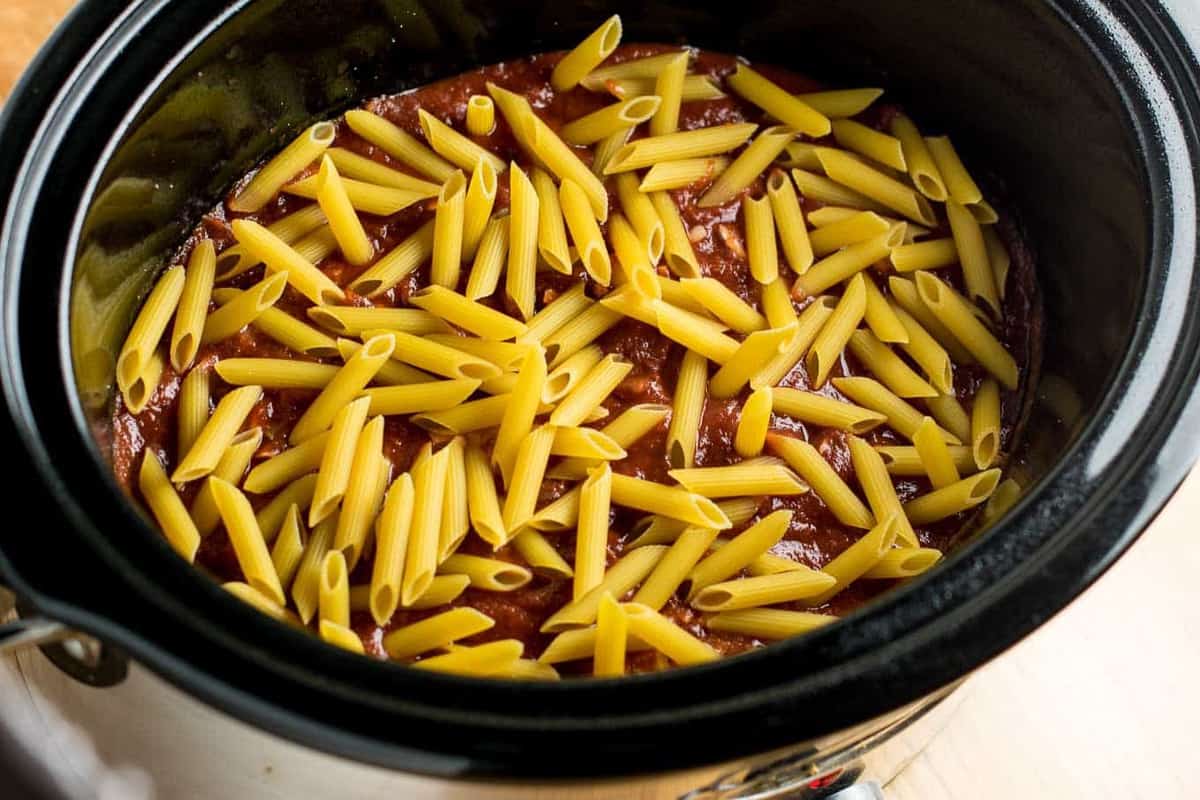
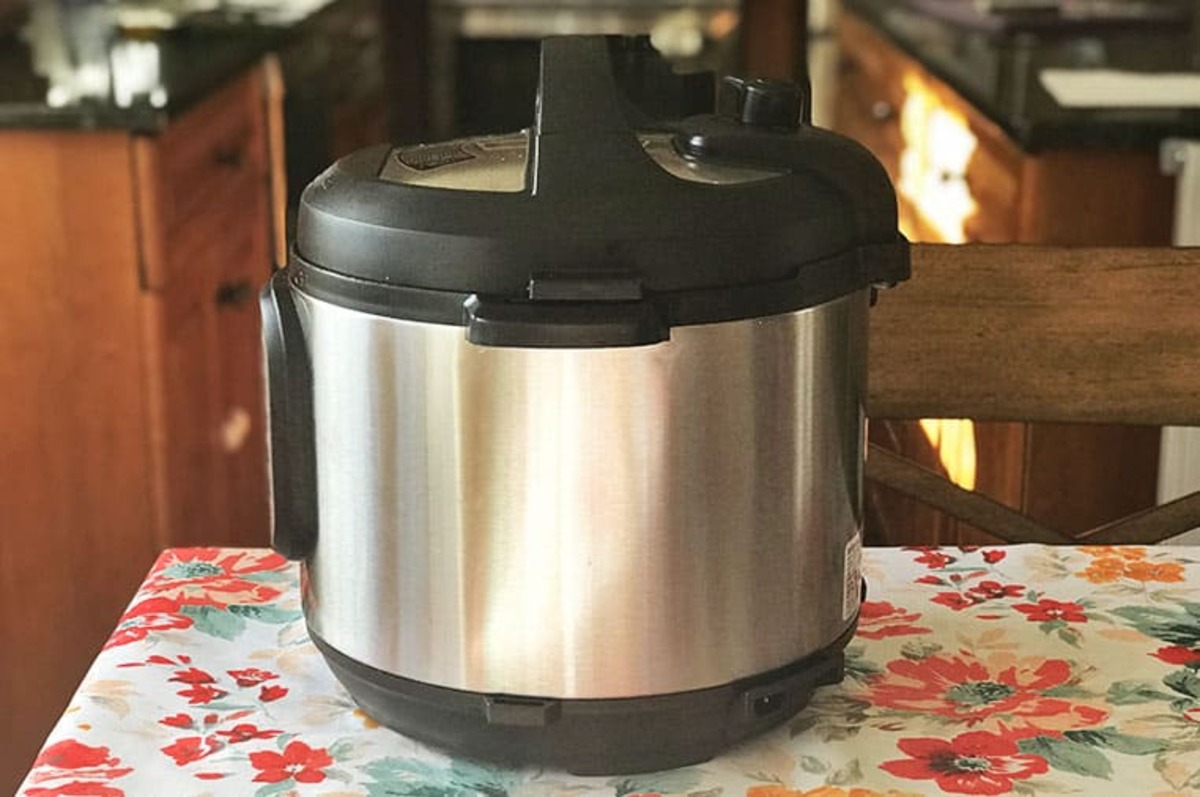
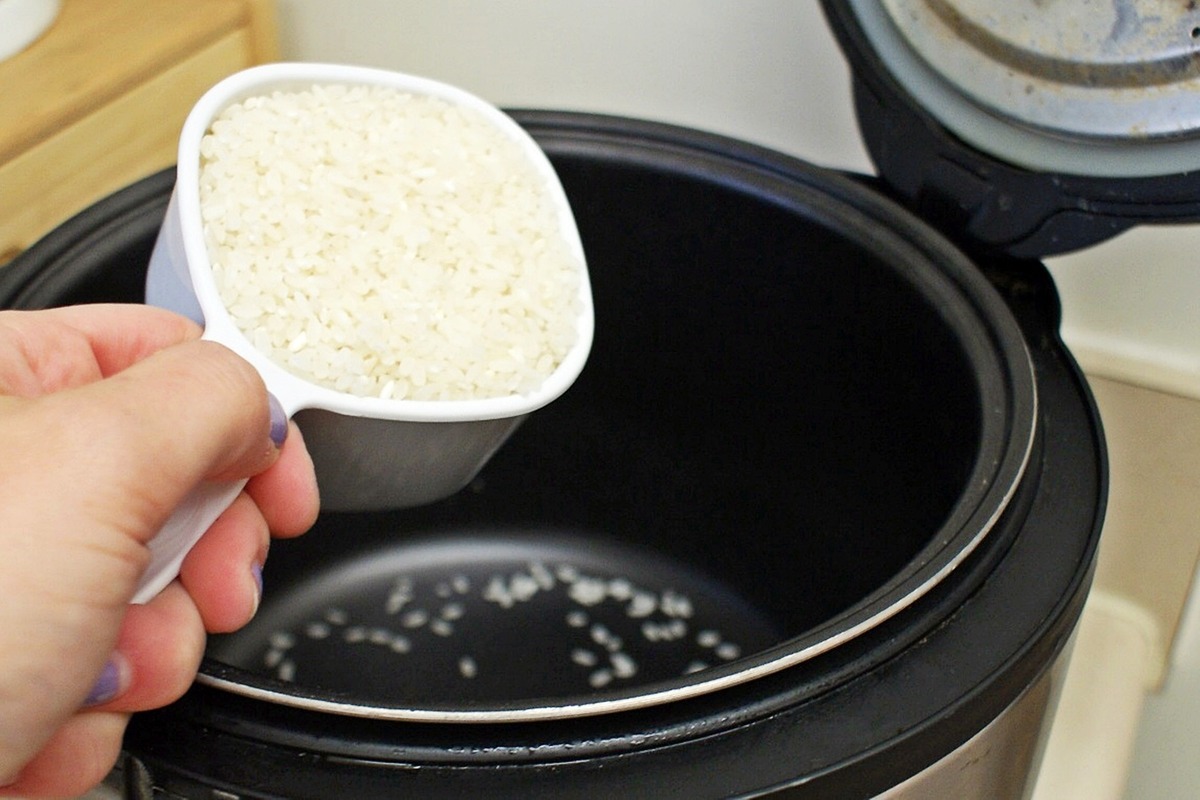
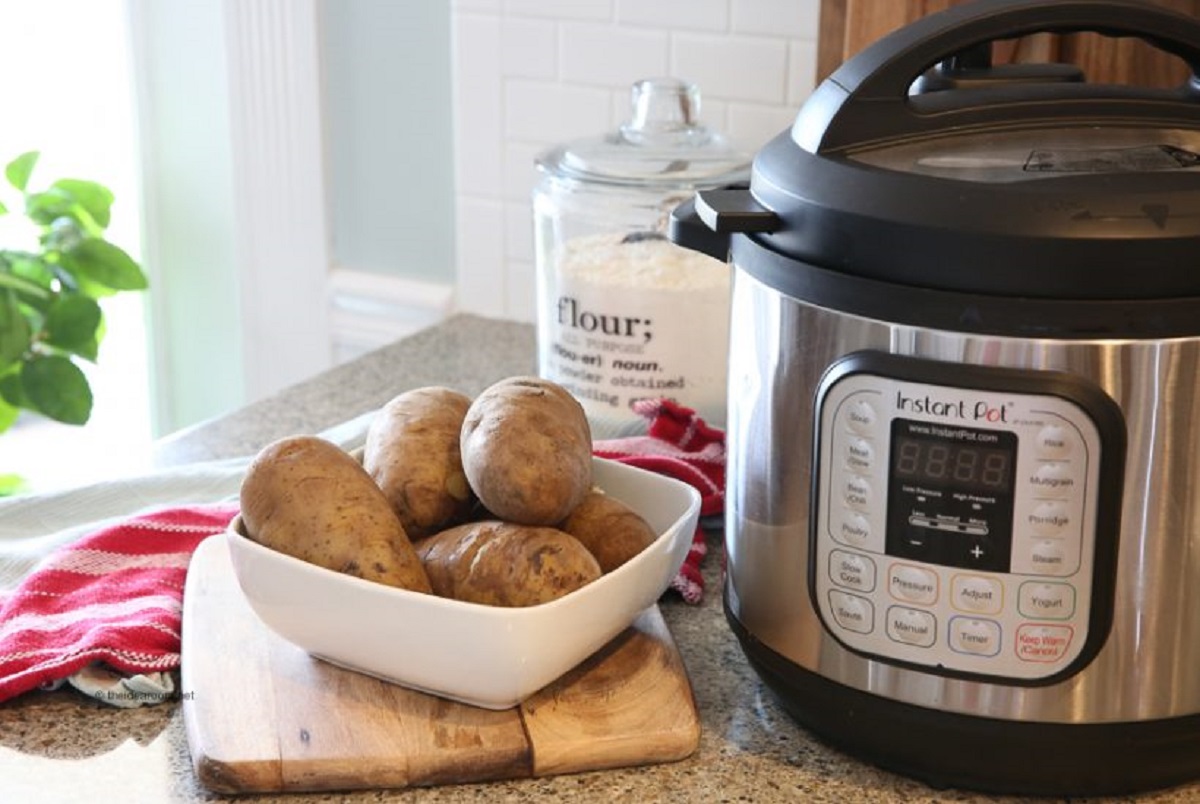
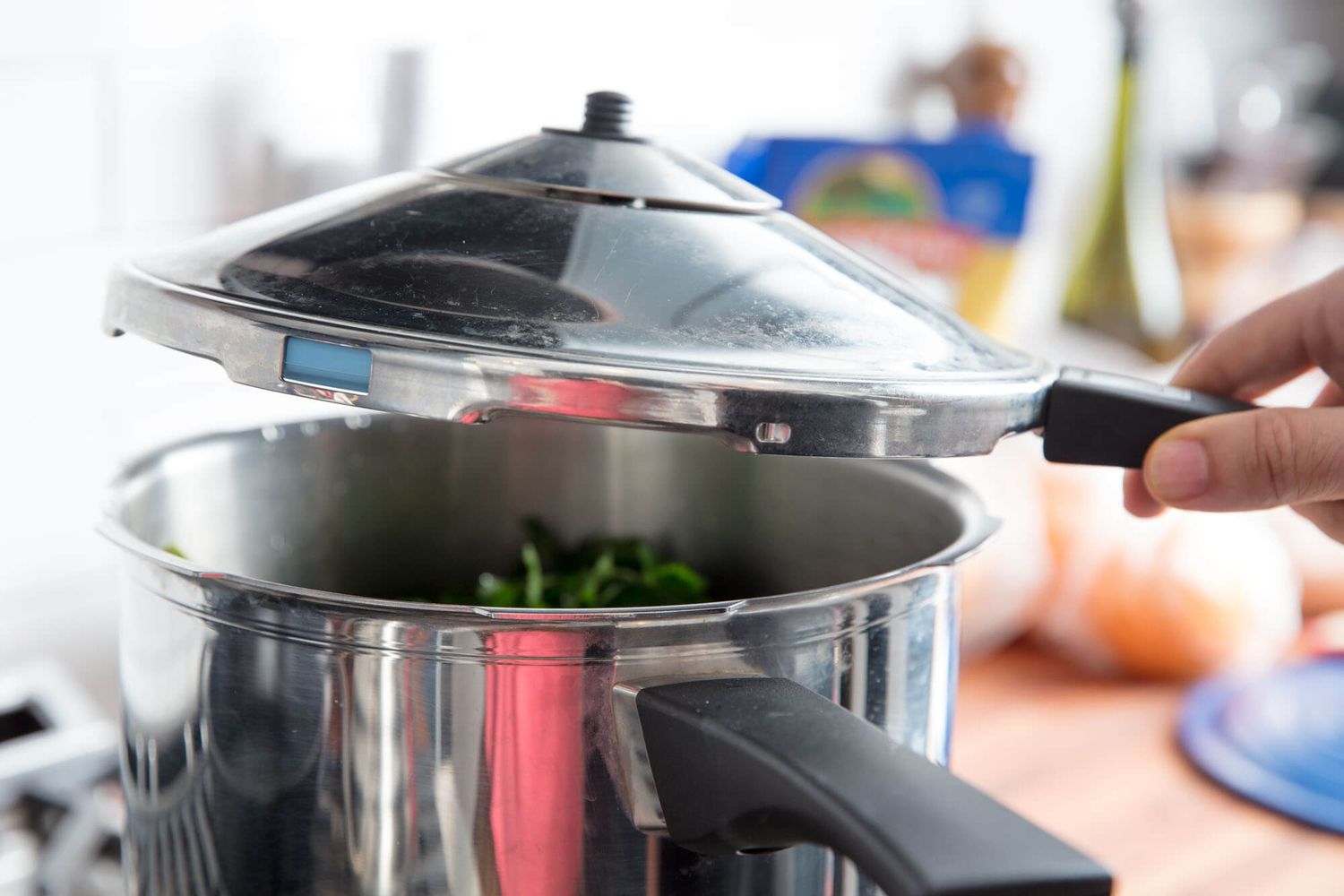
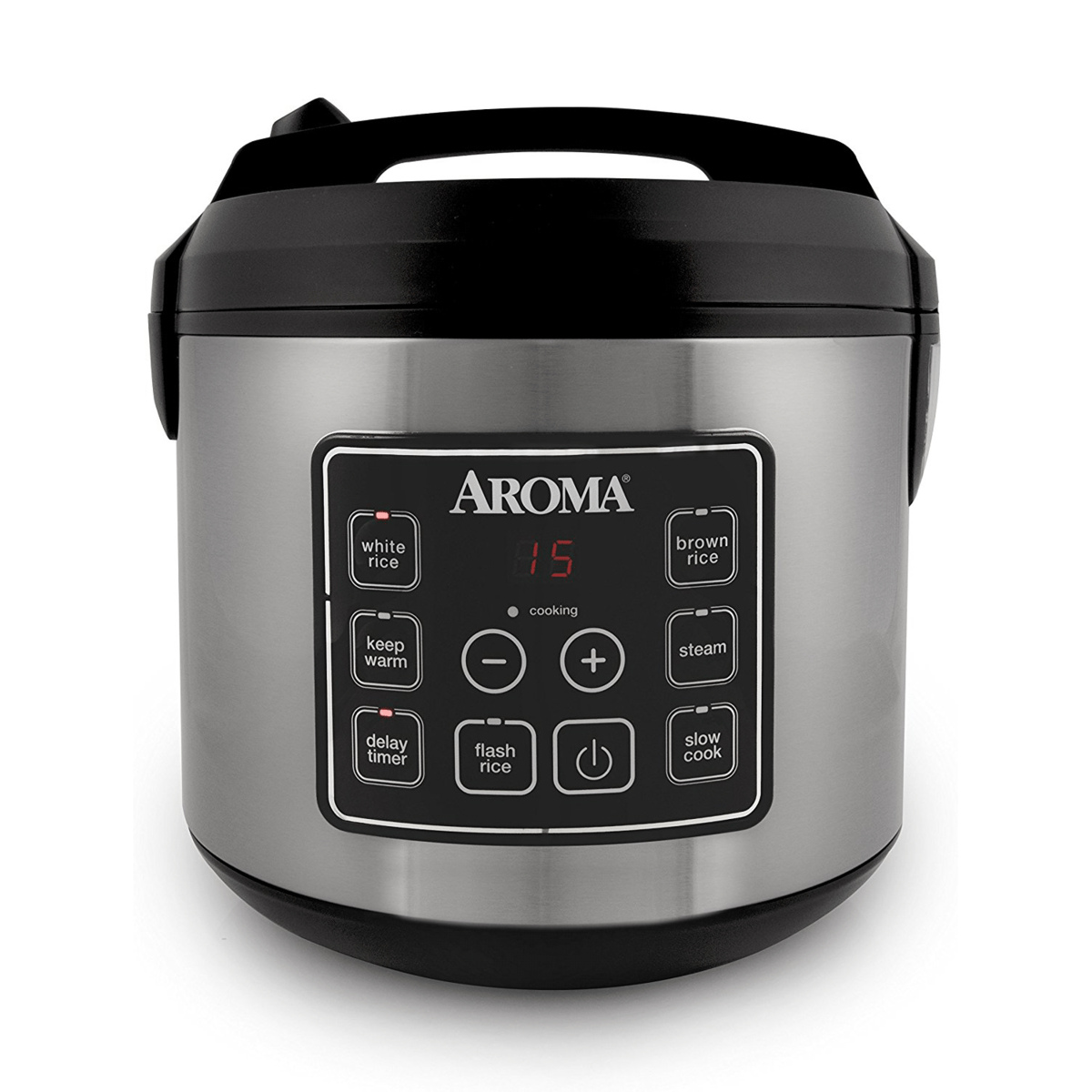
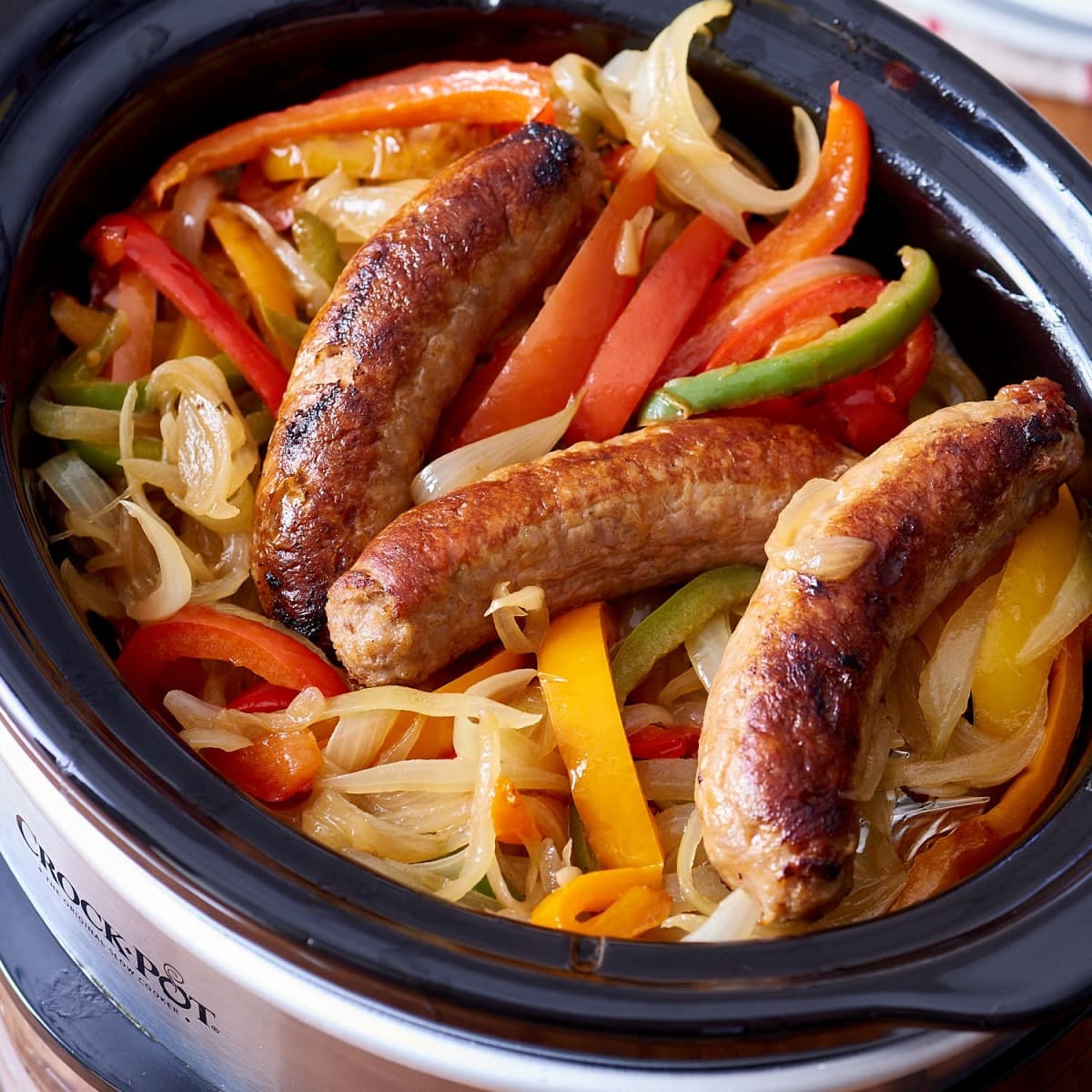
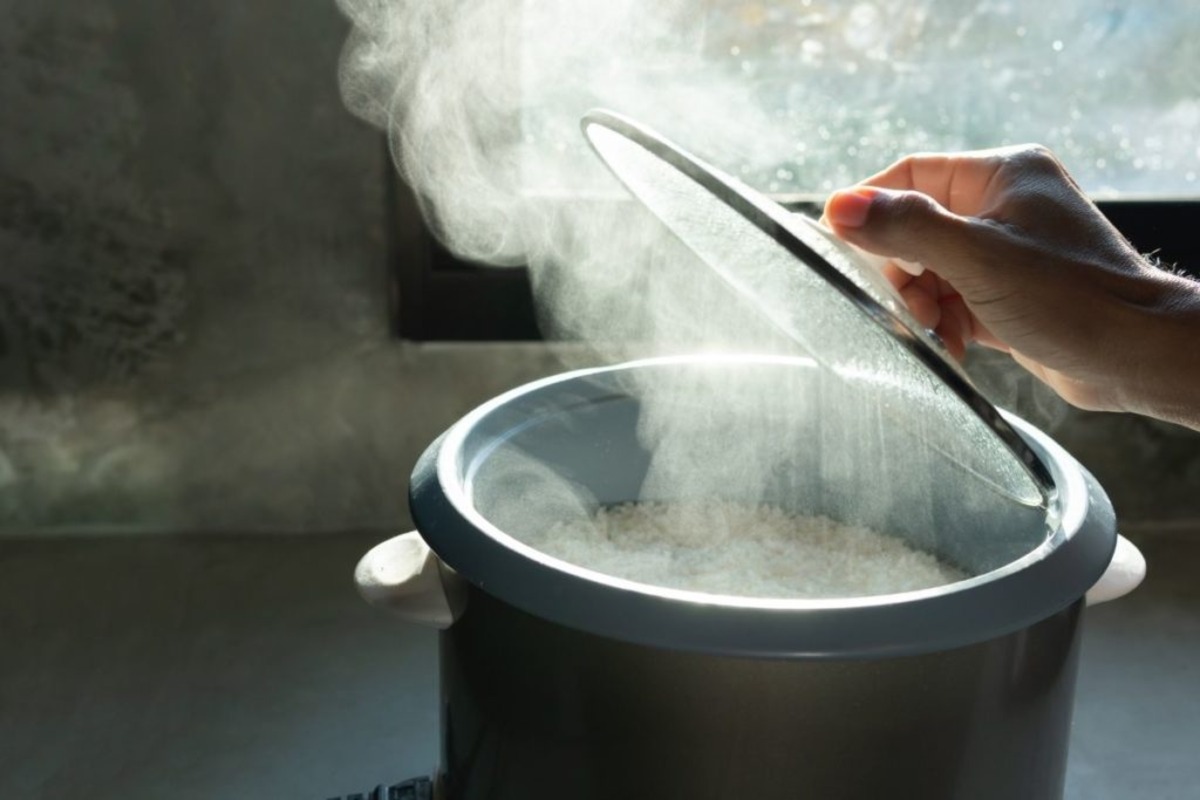
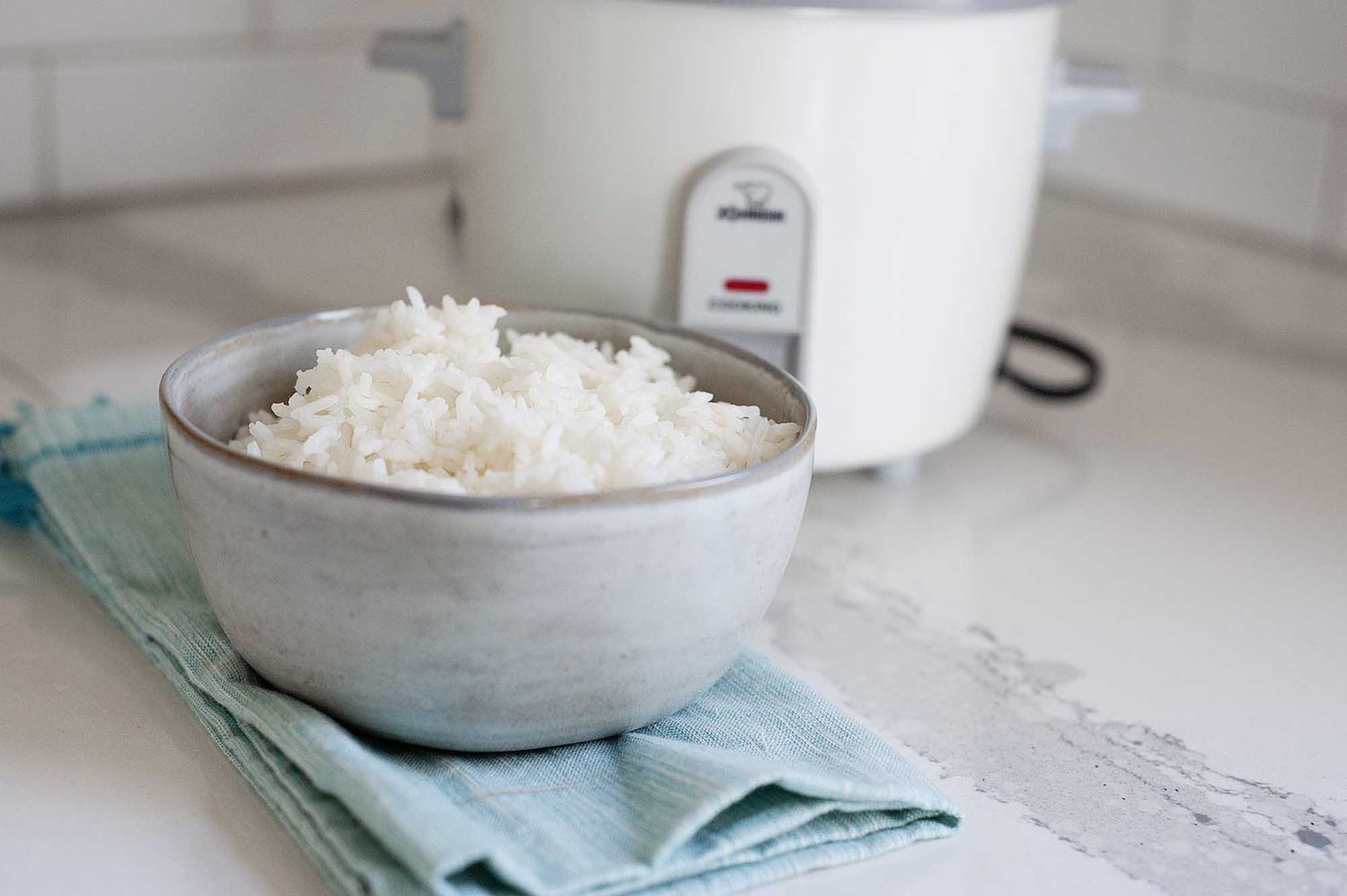

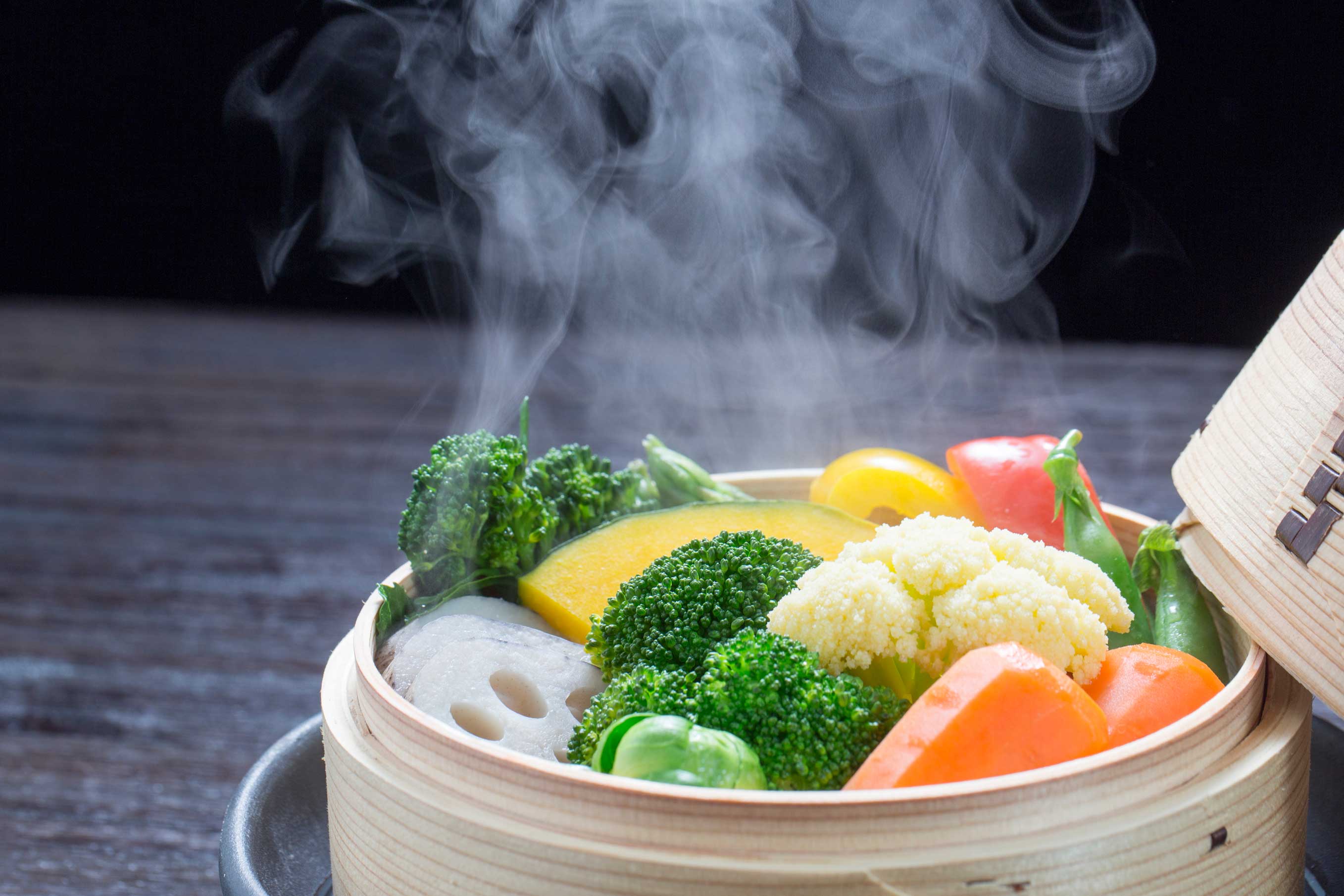
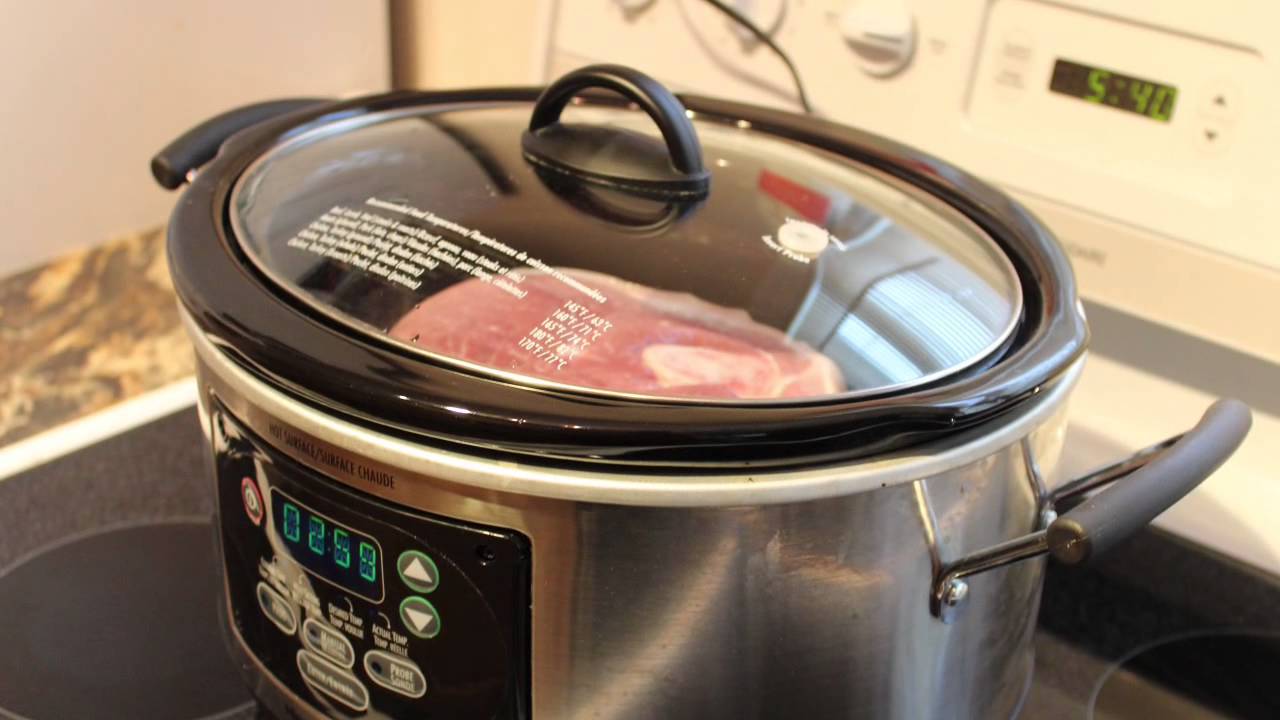
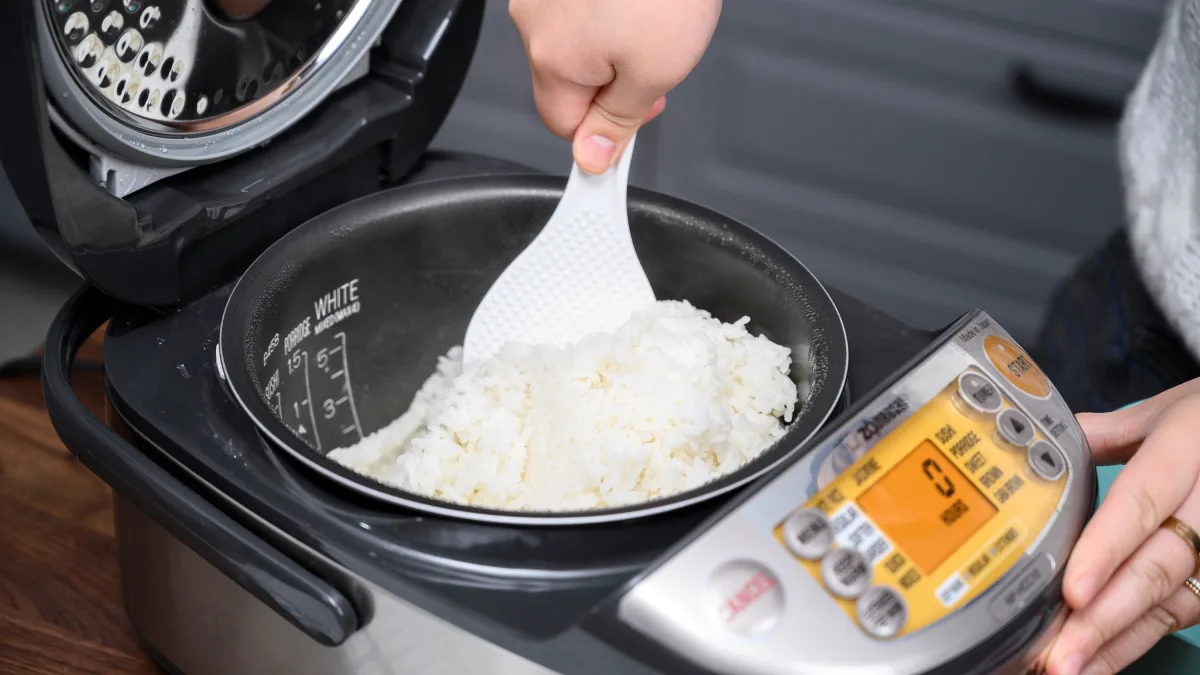
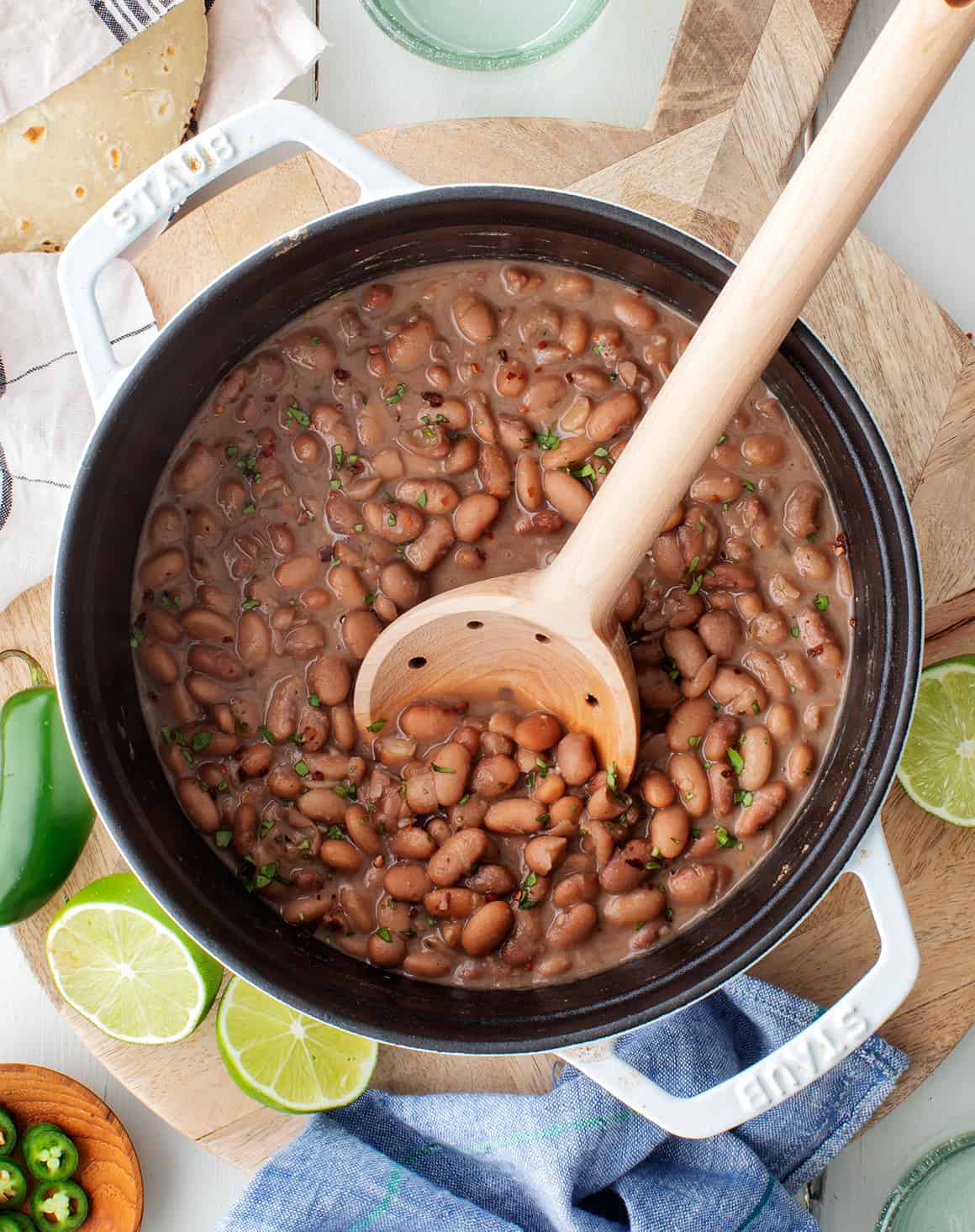

0 thoughts on “How Long Does It Take To Cook Vegetables In A Slow Cooker”